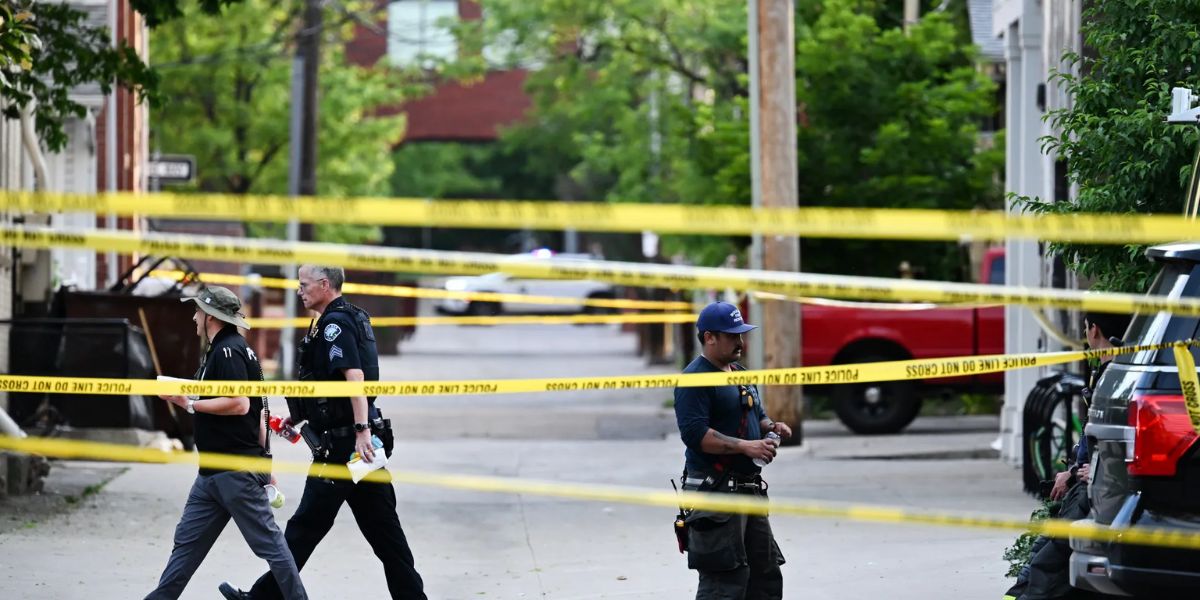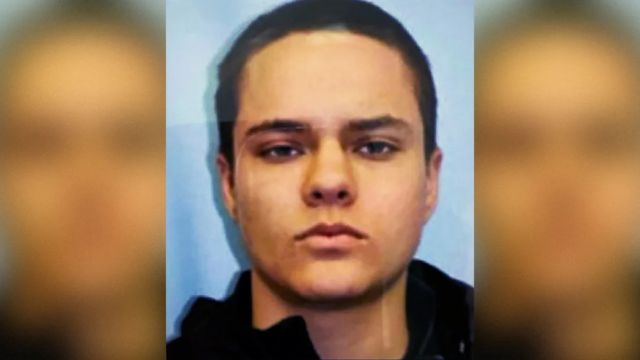A federal grand jury has indicted Mohamed Sabry Soliman, 45, on 12 federal hate crime counts in connection with a Molotov cocktail attack on a pro-Israel demonstration in Boulder, Colorado earlier this month, officials announced June 25.
What happened in the attack?
On June 1, Soliman allegedly targeted “Run for Their Lives,” a group advocating for Israeli hostages held in Gaza, during their weekly gathering at the Pearl Street Mall.
Authorities say Soliman:
- Threw two lit Molotov cocktails at the group while shouting “Free Palestine.”
- Used a makeshift flamethrower fashioned from a weed sprayer filled with flammable liquid.
- Injured 15 people, ages 25 to 88, with burns and fire-related trauma.
According to the indictment, his backpack contained 18 glass containers with flammable liquid and wicks, meant for further attacks.
The federal charges:
Soliman faces:
- Nine counts of violating 18 U.S.C. § 249 (hate crimes involving bodily injury due to race, religion, or national origin).
- Three counts of using fire or explosives to commit felonies under 18 U.S.C. § 844(h).
He could face life in prison if convicted on the federal charges alone.
Soliman also faces 118 state charges, including attempted murder and other serious felonies.
Motive and statements:
The indictment details that Soliman:
- Planned the attack for a year, waiting until after his daughter’s graduation.
- Was frustrated he couldn’t buy a gun due to his immigration status, so he resorted to fire-based weapons.
- Searched online for “Zionist events,” identifying the demonstration by its Israeli flags and signs.
- Told law enforcement he wanted to “take revenge” and saw all supporters of Israel’s existence as enemies.
Authorities recovered a handwritten note in his car referring to Israel as a “cancer entity” and vowing that “Zionism is our enemy.”
Immigration and background:
Soliman is a native of Egypt, lived in Kuwait for 17 years, and entered the U.S. on a B-2 tourist visa in 2022, which has since expired.
He lived with his wife and five children in Colorado Springs. Following the attack:
- His family was detained by immigration authorities and transferred to a Texas facility.
- A federal judge blocked their expedited deportation, ruling they are entitled to due process.
Ongoing legal process:
Soliman’s defense argued the attack was politically motivated, not religiously targeted, and therefore not a hate crime. But the judge ruled there was sufficient evidence to proceed with a hate crime prosecution.
The case underscores growing concerns around politically motivated violence and the use of federal hate crime statutes in incidents involving international conflicts reflected in domestic protests.











